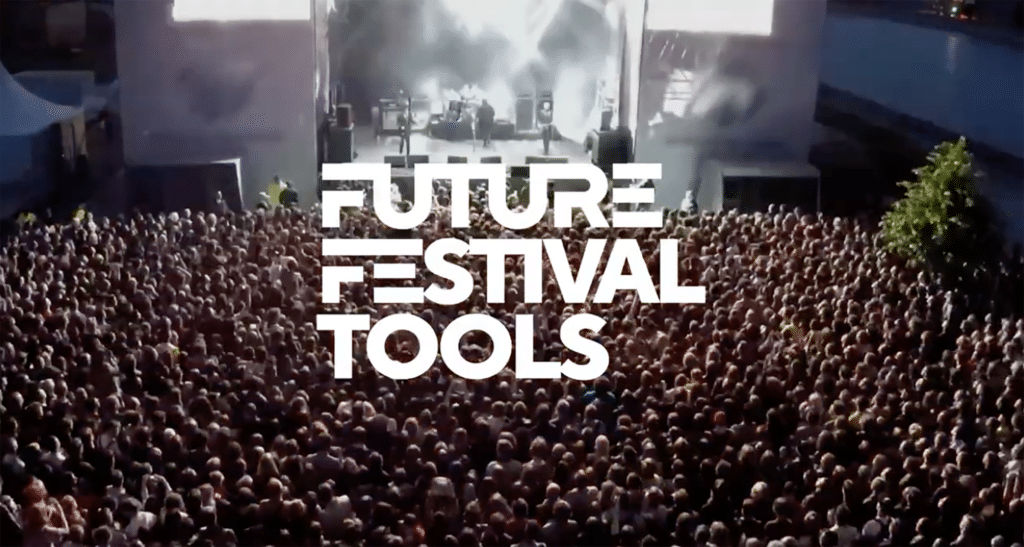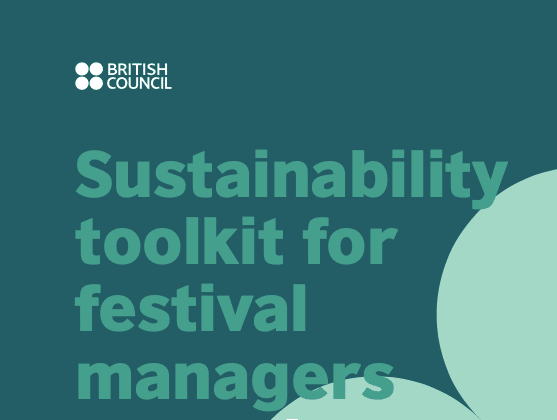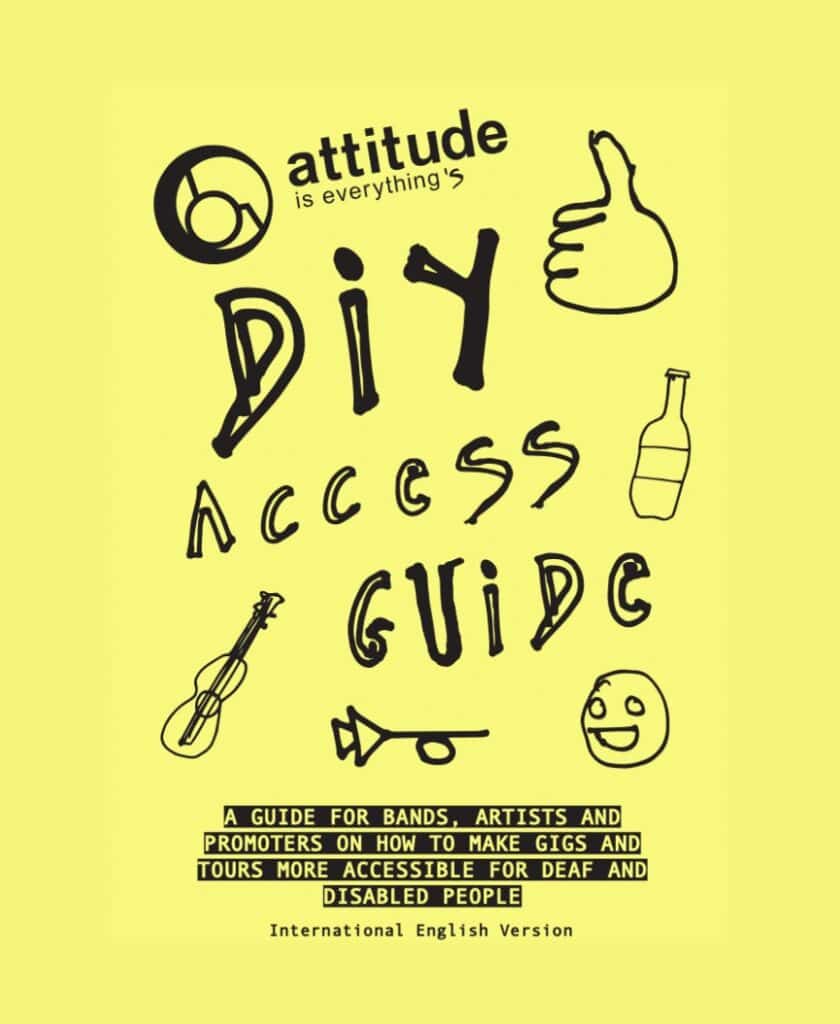
Reducing Environmental Impact in Public Programming
Developed in collaboration with Art Fund, THE HERDS, and the Design Museum, this toolkit offers a practical guide for museum learning professionals to reduce their environmental impact while designing and delivering public programming on the climate and sustainability front. It builds on insights from 44 museums, galleries, and historic houses across the UK that participated in THE HERDS’ global climate-action journey — a public art initiative combining creativity, sustainability, and community engagement.
Topics
The toolkit is structured into four key sections:
- Embedding a ‘Green First’ Approach – How to integrate environmental responsibility from the start of any project.
- Developing a Project – Practical methods for making sustainability a shared responsibility across teams and communities.
- Communicating with Participants – Strategies for inclusive and empowering climate communication.
- Resources – Curated references, training, and tools to deepen sector-wide environmental practice.
Abstract
This toolkit recognizes the cultural sector’s unique power to inspire public climate action. It provides step-by-step approaches to embed sustainability across programming, from procurement and partnerships to wellbeing and communication. Designed to support everyone from newcomers to established practitioners, it emphasizes that “Every job is a climate job” and that each individual’s contribution can drive wider institutional change.
Key Highlights
- “Green First” Thinking: Practical steps such as adding sustainability clauses in job descriptions, agendas, and contractor briefs to make environmental responsibility intrinsic rather than an add-on.
- Collaborative Practice: Encourages building cross-sector partnerships with wildlife organisations, local gardens, and activist groups to expand reach without increasing environmental footprint.
- Circular Resource Use: Offers detailed recommendations for reusing, sourcing locally, and working with circular economy hubs.
- Climate Communication: Introduces inclusive storytelling principles—“Make climate personal and local” and “Foster hope, not fear”—to connect with audiences emotionally and constructively.
- Wellbeing Integration: Addresses climate anxiety among staff and visitors, suggesting mindfulness tools and community support networks.
Click here to download report.
More resources on sustainability-
Sustainability Toolkit for Festival Managers
Resources for Green Festivals


Share on